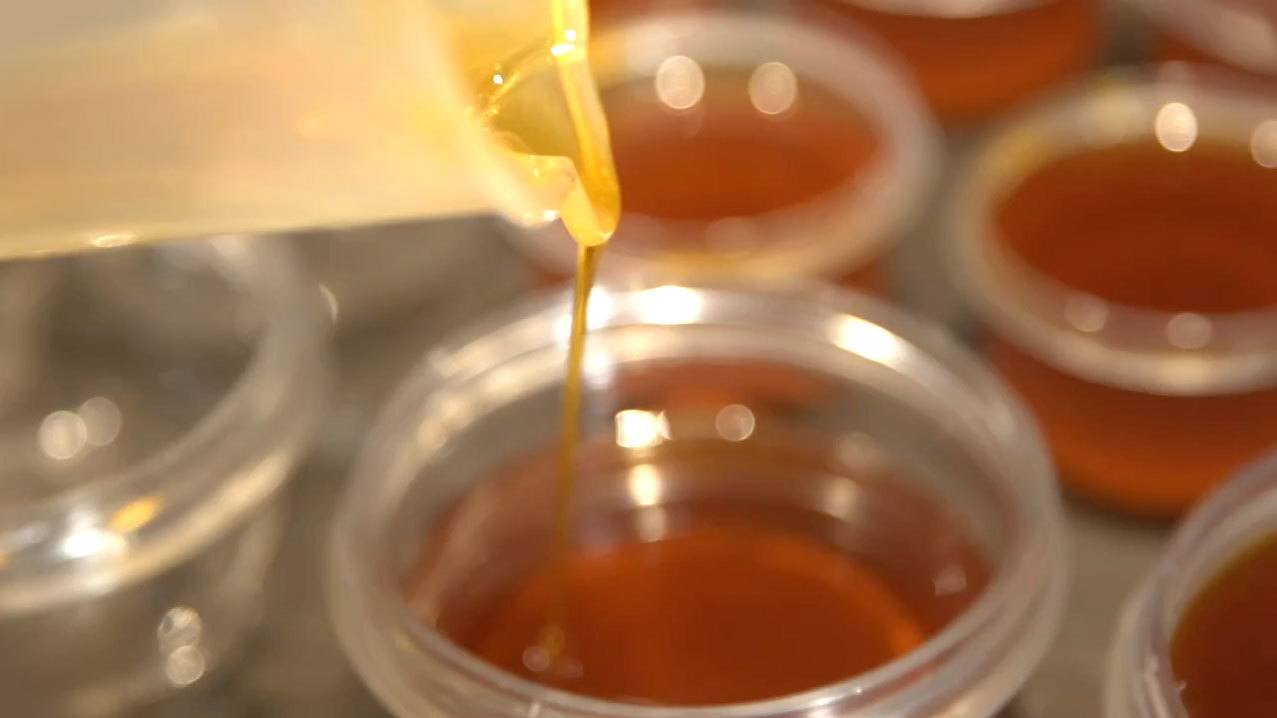
First Time Here?
We're here to help guide you through your first visit. Our knowledgeable staff can assist you in choosing the right product for your needs whether you're looking for something relaxing, energizing, or something in between.
Get Started
Already Love Us?
Welcome back! We can't wait to show you our amazing selection of cannabis flower, edibles, concentrates, and more. Take a look at our deals and find your bliss with MMD Shops.
View Deals

Visit Us Today
With convenient locations, we're here for you with an amazing in-store experience or delivery.


Community Focused
We have robust community programs at every location designed to support and reflect the diverse and unique communities we are honored to serve. From beach cleanups in Marina Del Rey, Addressing Food insecurity in North Hollywood, to supporting our LGBTQ+ Seniors. Our staff is inspired by connecting with our communities hands-on. We offer our customers several ways to get involved and contribute throughout the year.
Get to Know Us
We Love Our Community
Community support is at the core of our values. We actively engage in initiatives that uplift and contribute to the well-being of the local community, from sponsoring neighborhood events to collaborating with local artists and businesses. By fostering strong ties and giving back, we aim to create a positive impact and cultivate a sense of unity, ensuring that our presence in the community goes beyond providing quality cannabis products.





 !
!



